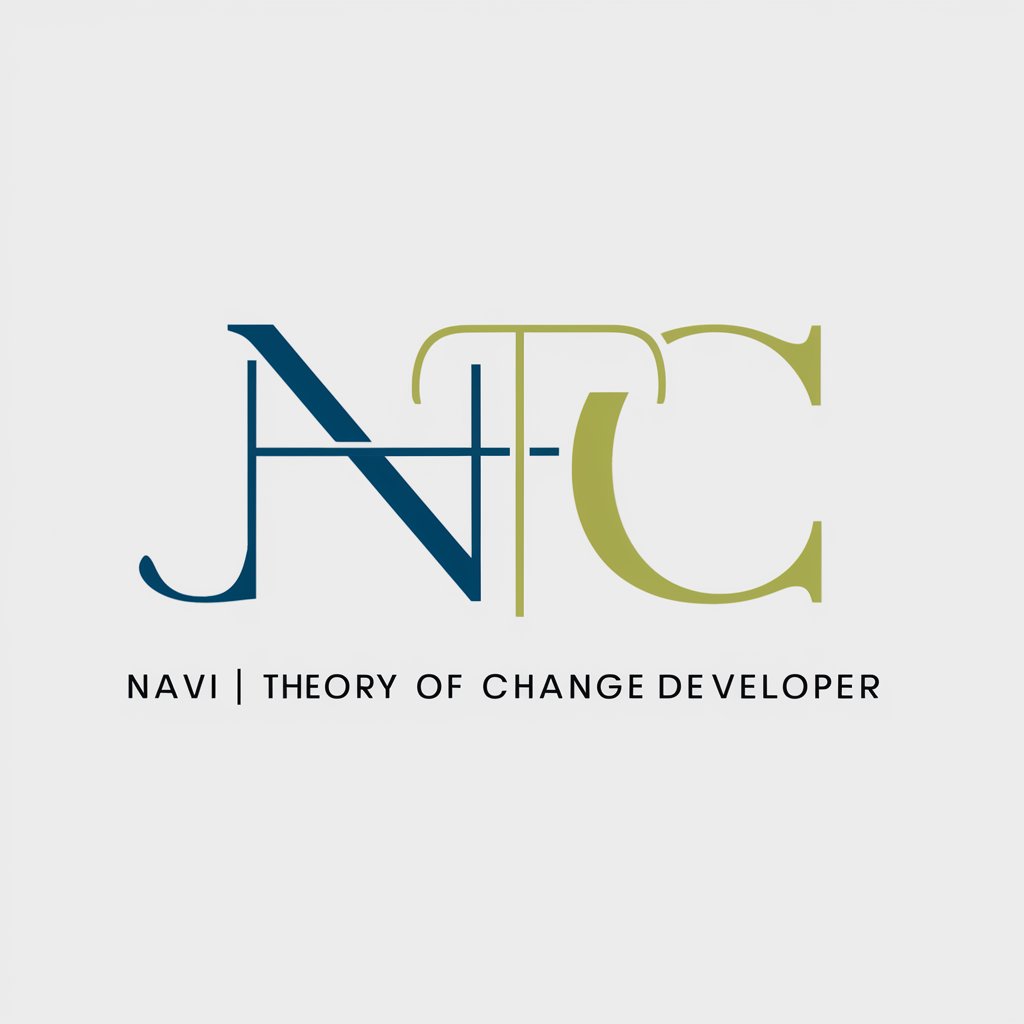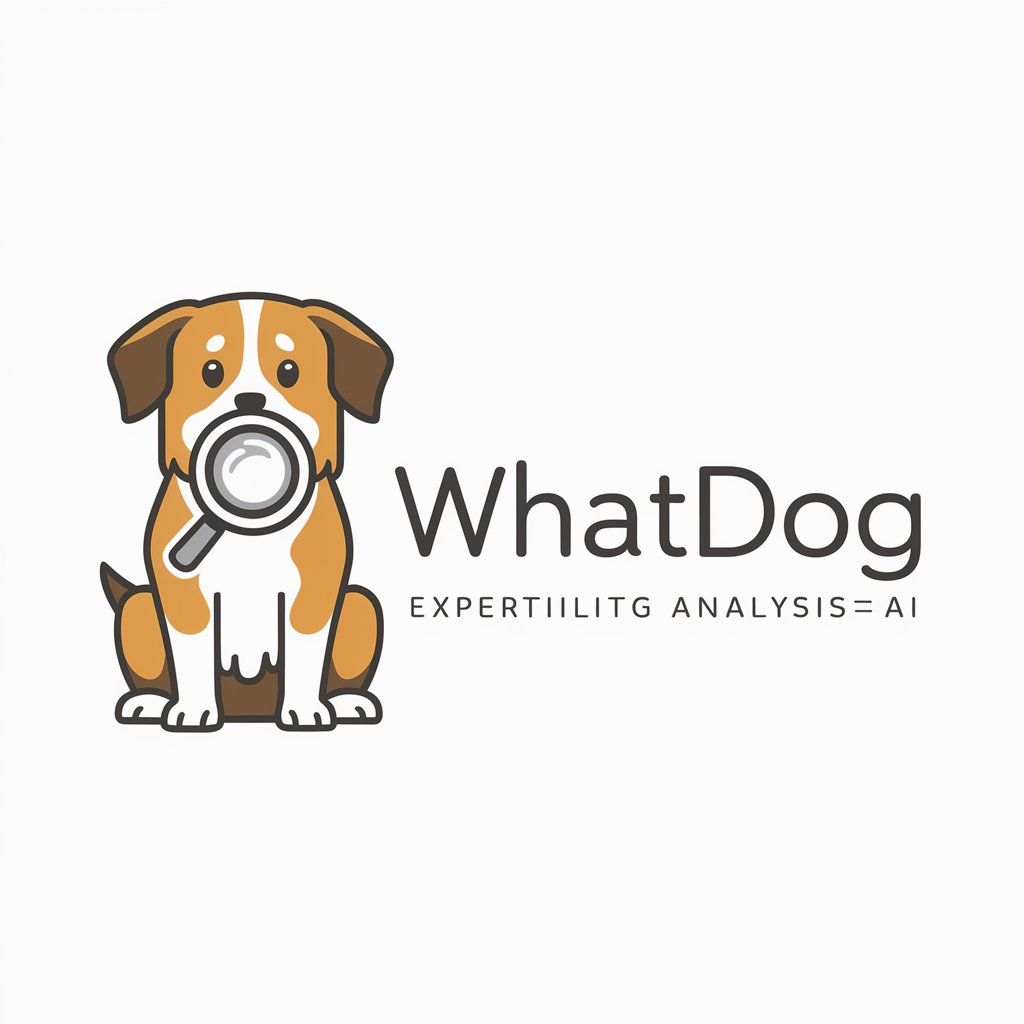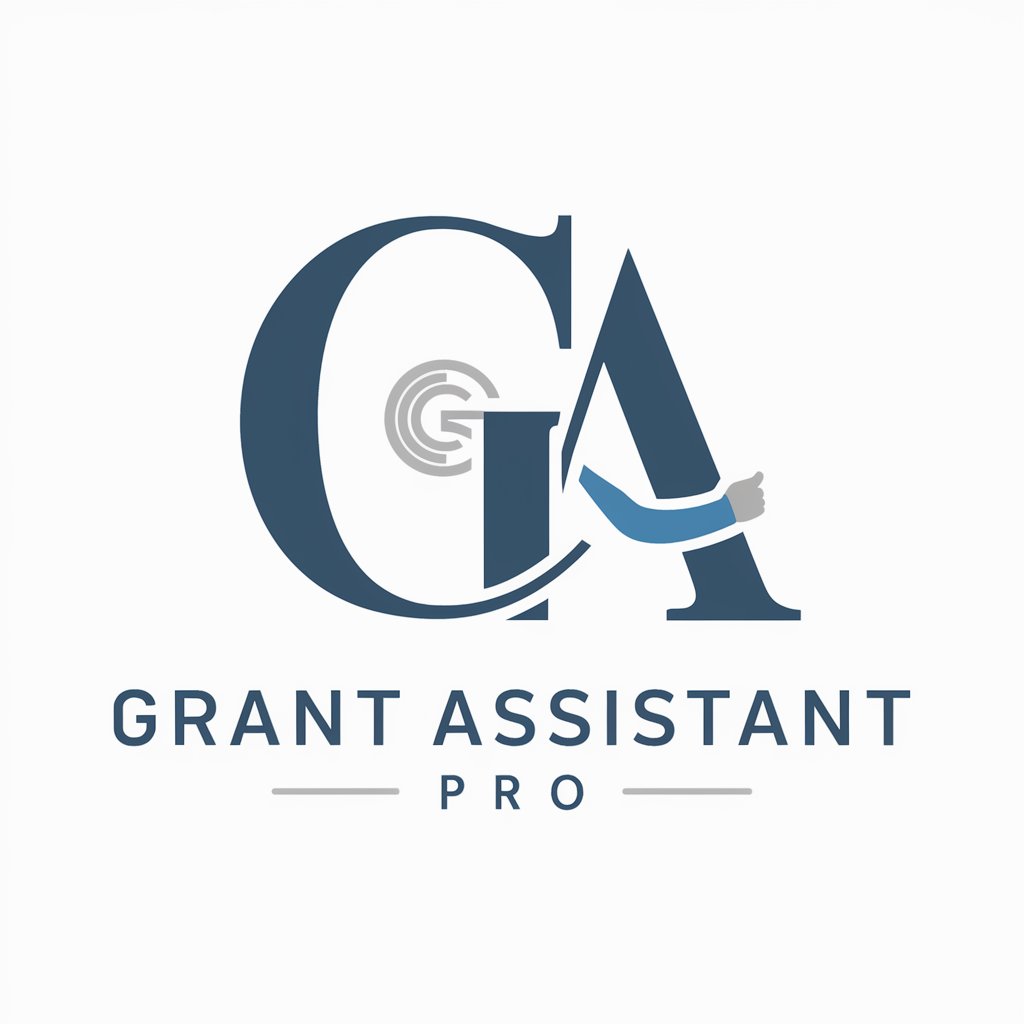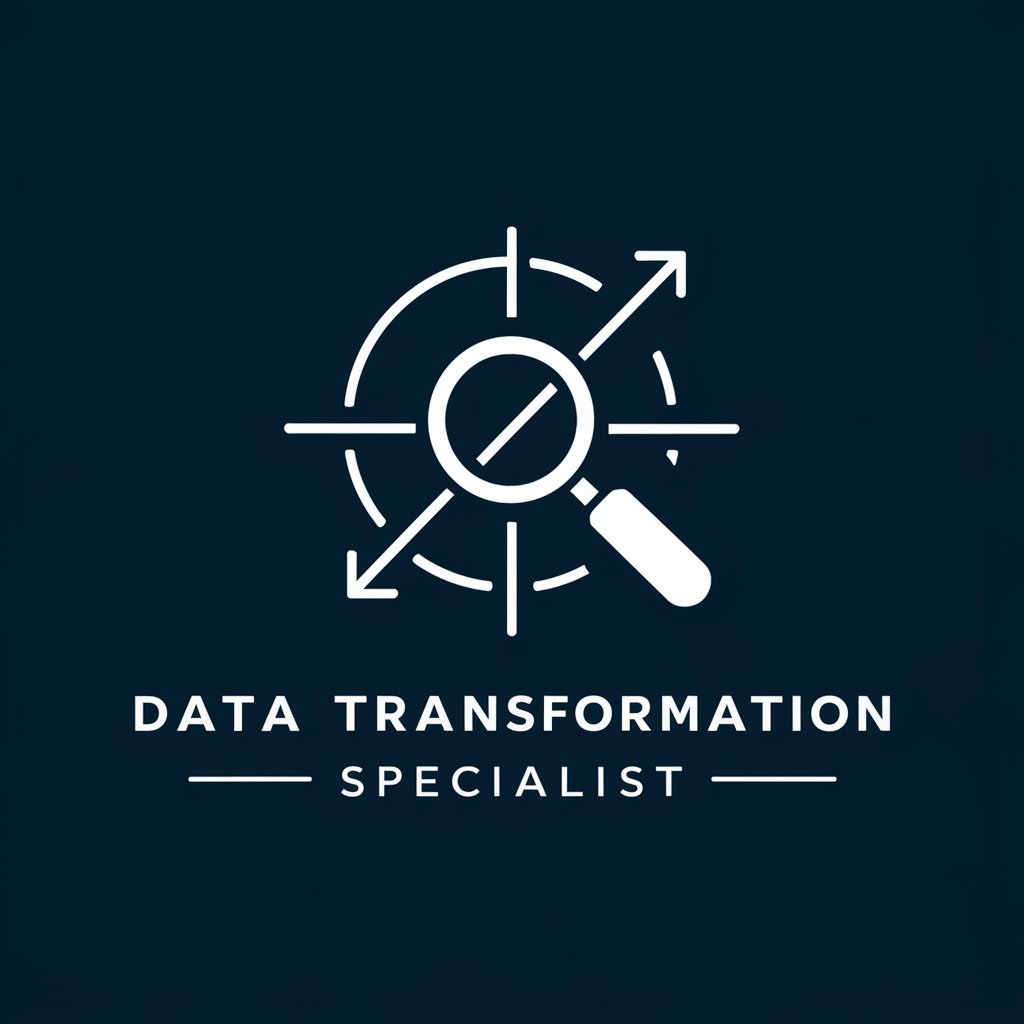Navi | Theory of Change Developer - Theory of Change Development

Hello, let's develop a clear and effective theory of change for your project.
AI-Powered Change Strategy Assistant
Describe the primary goals of your project or organization.
Identify the target population for your initiative.
Outline the specific outcomes you aim to achieve.
Map out the causal pathway from activities to end goals.
Get Embed Code
Introduction to Navi | Theory of Change Developer
Navi | Theory of Change Developer is designed to assist users in systematically developing a theory of change for their projects or organizations. It focuses on establishing logical connections between activities, outcomes, and impacts, ensuring that objectives are clear and measurable. Through a methodical approach, it aids in articulating how and why a desired change is expected to occur within a specific context. An example scenario might involve a non-profit organization aiming to reduce youth unemployment. Navi would guide them in defining their end goals, identifying the necessary activities to achieve these goals, mapping out the causal pathways, and setting indicators for success. Powered by ChatGPT-4o。

Main Functions of Navi | Theory of Change Developer
Collecting Detailed Information
Example
Gathering data about a community-based education program's goals, target population, and context.
Scenario
An educational NGO wants to improve literacy rates among children in underserved communities. Navi would first collect comprehensive information about the NGO's objectives, the demographic of the children they aim to serve, and the specific challenges faced by these communities.
Guiding Outcome Mapping
Example
Assisting in identifying specific outcomes from activities such as workshops for skill development.
Scenario
A skill development initiative for unemployed adults. Navi helps map out how workshops will lead to improved job readiness, which in turn leads to higher employment rates among participants.
Defining Indicators and Identifying Assumptions
Example
Setting measurable indicators for a health awareness campaign's success and identifying underlying assumptions.
Scenario
For a health awareness campaign aiming to reduce the incidence of diabetes, Navi would assist in defining indicators such as changes in community health metrics and identifying assumptions about community engagement and behavior change.
Structuring a Theory of Change Diagram
Example
Creating a coherent table or diagram that maps inputs, outputs, outcomes, and impacts for a reforestation project.
Scenario
A reforestation project aimed at combating climate change and restoring biodiversity. Navi would help structure the theory of change, clarifying how planting trees leads to restored habitats and contributes to climate change mitigation.
Ideal Users of Navi | Theory of Change Developer Services
Non-Profit Organizations
NGOs and other non-profit entities seeking to design, implement, or refine projects with social, environmental, or educational objectives. They benefit from Navi's structured approach to clarify their impact pathway and improve project effectiveness.
Social Enterprises
Businesses with a primary purpose of creating social or environmental impact. These enterprises can use Navi to articulate how their business activities contribute to their social goals, aiding in strategy development and communication with stakeholders.
Government Agencies
Public sector bodies looking to develop, monitor, and evaluate policy interventions or community programs. Navi's focus on measurable outcomes and causal pathways helps these agencies ensure accountability and effectiveness in public service delivery.
Academic Researchers
Researchers conducting studies on the efficacy of interventions in various fields. Navi can assist in designing research that clearly defines the expected changes and measures impact, enhancing the quality and relevance of their findings.

How to Use Navi | Theory of Change Developer
1
Start with a visit to yeschat.ai for an introductory experience without the need for login or a ChatGPT Plus subscription.
2
Identify your project or organization's primary goal, target population, and the context within which you're working.
3
Use Navi to outline the specific outcomes you aim to achieve, and map the causal pathway from activities to your end goal.
4
Collaborate with Navi to determine measurable indicators for each outcome, while also identifying assumptions and external factors.
5
With Navi's assistance, structure your theory of change into a coherent diagram or table, focusing on inputs, outputs, outcomes, and impact.
Try other advanced and practical GPTs
WhatDog
Discover Your Dog's Heritage with AI

Elsa Exam
Ace Your Exams with AI-Powered Prep

Anime-fy Me
Transform into an anime character effortlessly.

Harmony Helper
Empowering Relationships with AI

Educator's Companion
Empowering education with AI insights

Sam Altman GPT
Empowering Communication with AI Ingenuity

汉语翻译家
Bridging Histories with AI Translation

Doodle Artist
Bringing your ideas to life with AI

大话西游
Unravel the Mysteries of a Classic Tale

! Tutor de Biociencias !
Empowering Biociences Learning with AI

Grant Assistant Pro
Empowering Your Grant Journey with AI

Data Transformation Specialist
Transform Data Seamlessly with AI

Frequently Asked Questions about Navi | Theory of Change Developer
What is Navi | Theory of Change Developer?
Navi is an AI-powered tool designed to assist users in developing a structured theory of change for their projects or organizations, focusing on creating clear objectives, measurable outcomes, and understanding the causal pathways leading to desired change.
Can Navi help with projects outside of non-profits?
Yes, Navi is versatile and can support a wide range of projects, including for-profit initiatives, academic research, and public sector programs, by helping articulate and structure their theories of change.
How does Navi differ from standard strategic planning tools?
Navi focuses specifically on developing a theory of change, using an AI-driven approach to guide users through identifying outcomes, mapping causal pathways, and setting measurable indicators, which is more specialized than general strategic planning.
Is prior experience in theory of change necessary to use Navi?
No, Navi is designed to be user-friendly and is equipped with guidance features that assist users at all levels of experience in developing their theory of change, making the process accessible to everyone.
How does Navi ensure the feasibility of a theory of change?
Navi encourages critical thinking and clarity in goal setting, outcome planning, and the identification of assumptions and external factors, helping users to craft a theory of change that is realistic and actionable.
